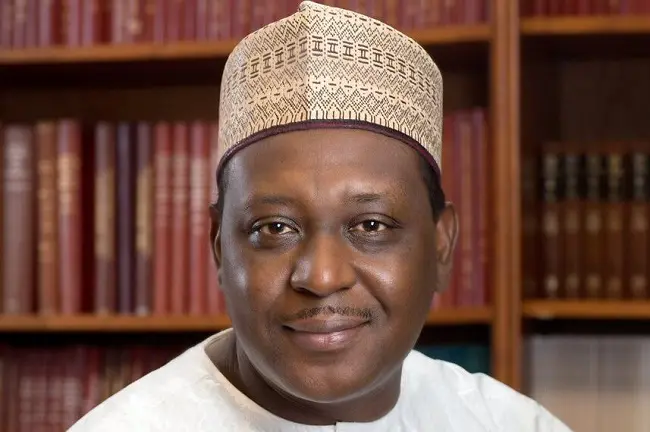As Nigeria enters the new year, citizens from across the country are voicing their hopes and expectations for a revitalized health sector in 2025. In interviews held on January 6, 2025, Nigerians expressed concerns about systemic challenges, the need for more funding, and better healthcare access, particularly in underserved regions.
A significant demand is for the federal and state governments to increase health sector funding. Despite the World Health Organization (WHO) recommending higher health expenditure, Nigeria’s current spending remains below the global standard. Citizens are urging the government to prioritize investments in healthcare infrastructure, especially in rural areas.
Community leaders, such as Bashir Adamu from Kaduna, highlighted the dire condition of health facilities, calling for well-equipped hospitals and primary healthcare centers in every local government area. Stakeholders are also pushing for affordable healthcare services to reduce the financial burden on households, particularly for low-income families. Calls for the expansion of the Basic Health Care Provision Fund (BHCPF) and the adoption of Universal Health Coverage (UHC) policies have gained momentum.
Women’s health advocates are pressing for improvements in maternal and child health outcomes, citing Nigeria’s high maternal mortality rate. Midwife Fatima Usman from Maiduguri emphasized the need for accessible antenatal care and safe delivery services.
Additionally, the growing exodus of healthcare professionals is a major concern. Citizens, including public health physician Dr. Olu Balogun, hope the government will address this brain drain by improving healthcare workers’ salaries, training, and incentives.
Public health experts also call for enhanced disease surveillance, vaccination coverage, and emergency response capabilities, particularly following recent outbreaks like Mpox. There is a call for the government to invest in public health preparedness and ensure comprehensive vaccination for all children.
Citizens remain hopeful that the Ministry of Health and Social Welfare, under the leadership of Prof. Mohammed Ali Pate, will bring the much-needed changes but emphasize the importance of transparency and accountability in implementing health policies.
